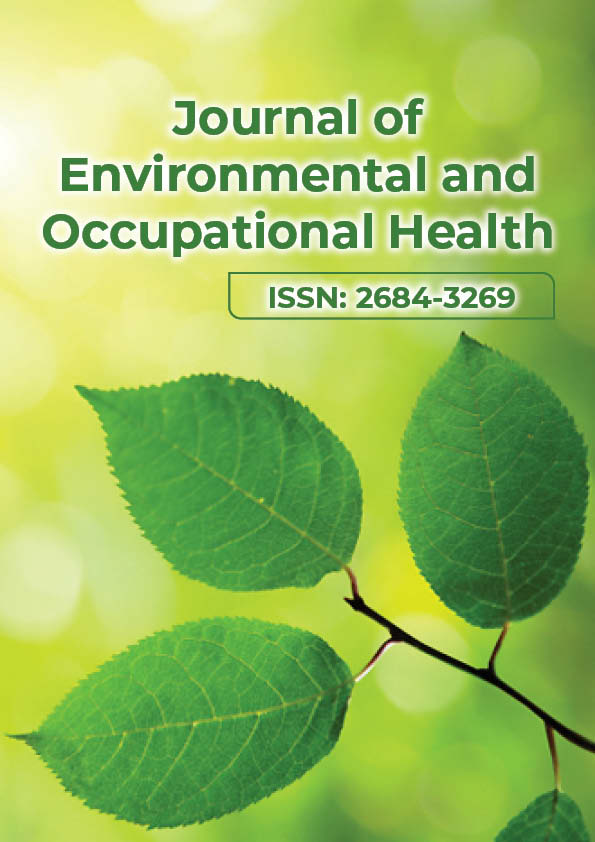Issues with solid waste management in South Asian countries: A situational analysis of Pakistan
Abstract
Adeel Ahmed Khan, Zeeshan Ahmed, Muhammad Asadullah Siddiqui
Solid Waste Management (SWM) is the generation, separation, collection, transfer, transportation and disposal of waste in a way that takes into account public health, economics, conservation, aesthetics, and the environment, and is responsive to public demands. Failure of the municipal solid waste management system has also serious environmental impacts like land and air pollution, blockage of drains and water pollution in natural streams. The objective of this review was to carry out the situational analysis of solid waste management in South Asian countries particularly in the context of Pakistan. A review of the literature was done using Google scholar, Pubmed and Pakmedinet as search engines.Books were also consulted that provides information about SWM. There are various factors that attribute to poor solid waste management, such as, lack of public awareness, unplanned city growth, high waste generation and non-functioning of existing systems. Rate of urbanization, scavenger role for recyclable separation and the capacities of existing municipalities for solid waste management are also important factors that should be considered.This review concluded that unfortunately solid waste is not considered a big problem in Pakistan and health authorities fail to appreciate the magnitude of the problem. Participation of different sectors including community ownership, role of government and private sectoris important for better management of solid waste. Regulatory authorities have to make certain rules and most importantly find ways to implement it.
PDF




